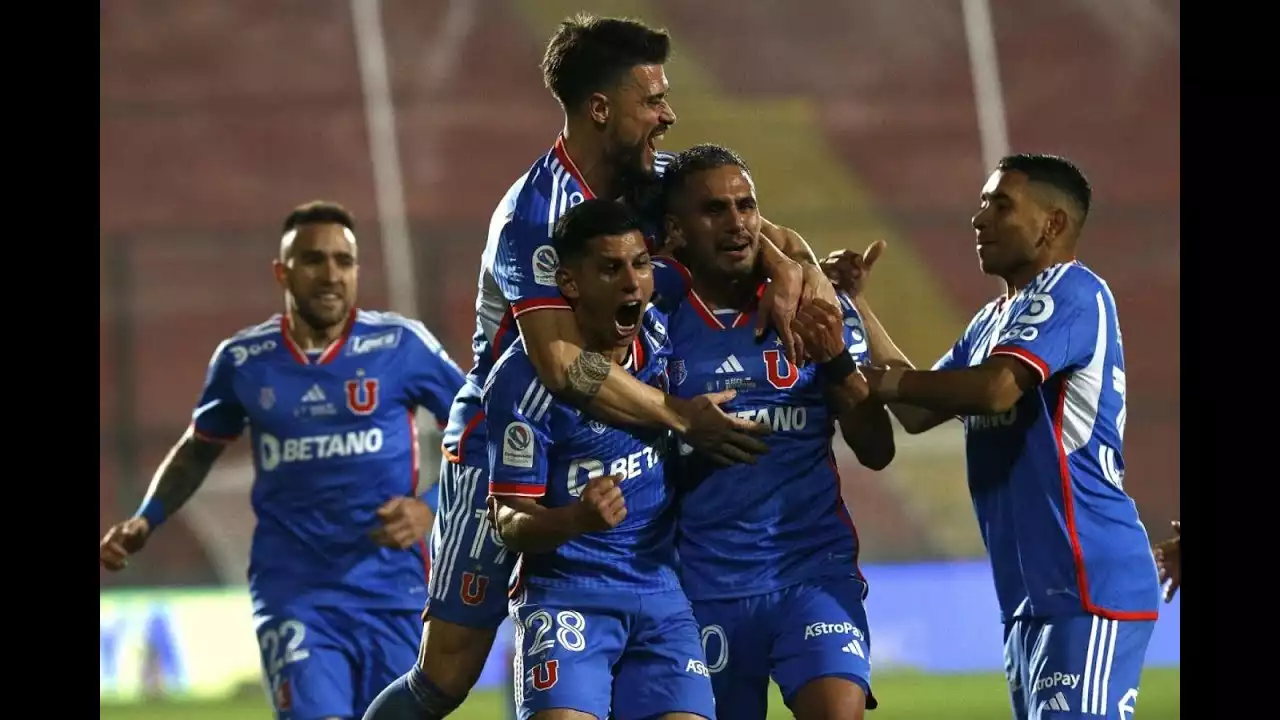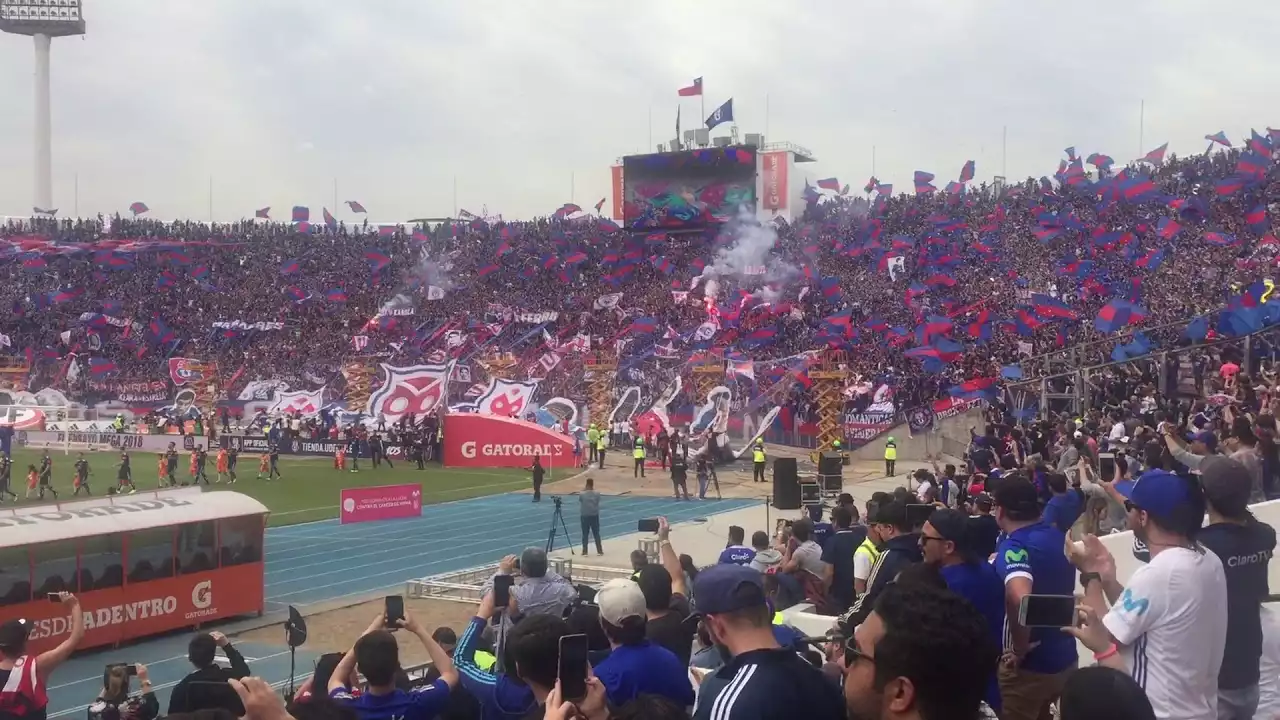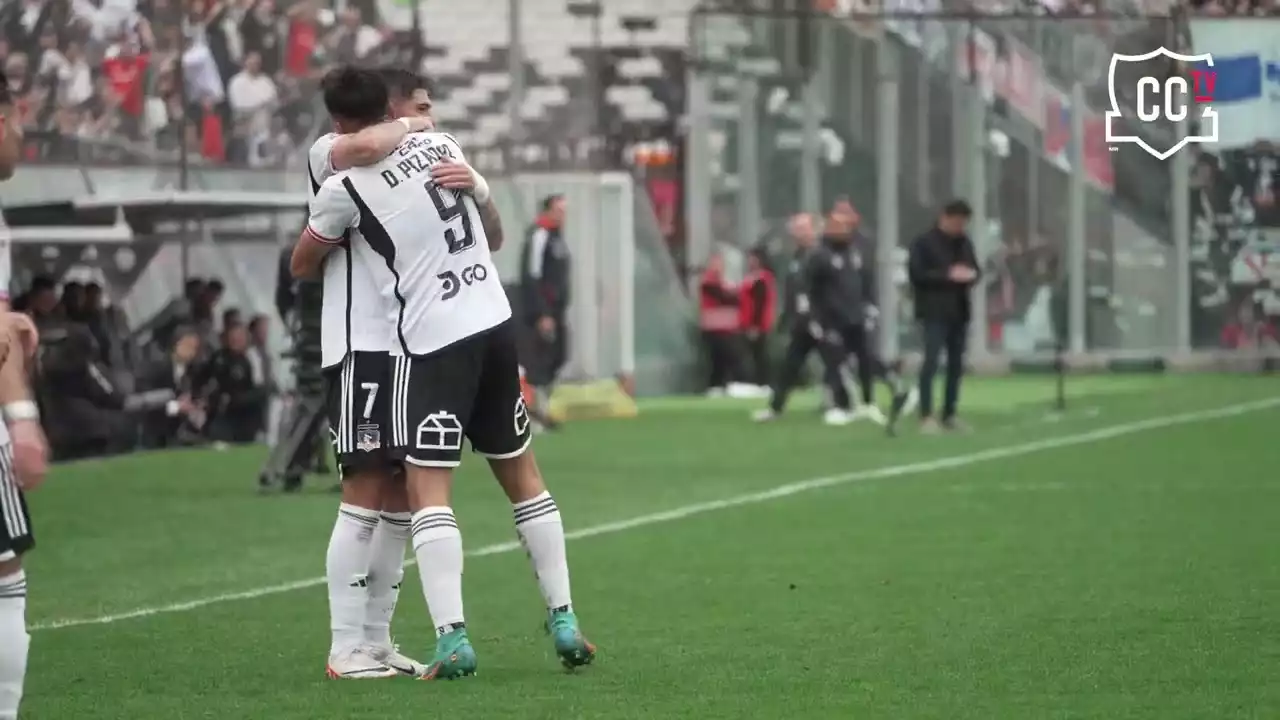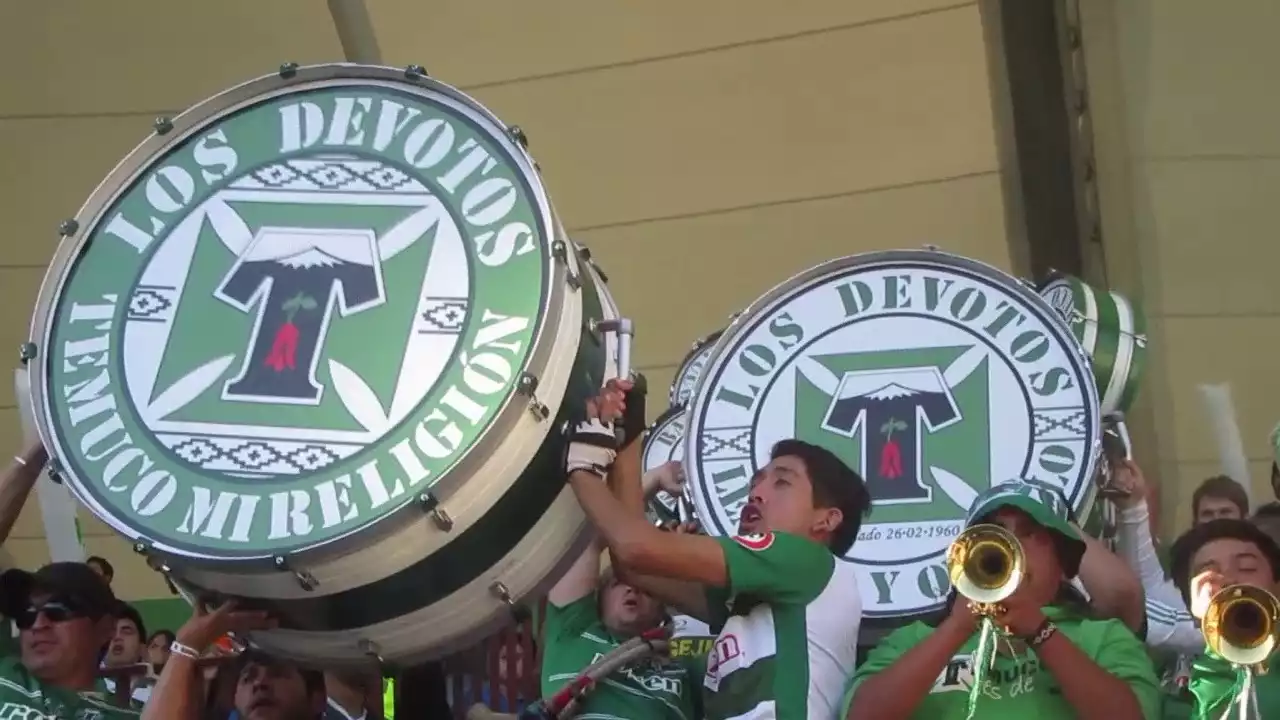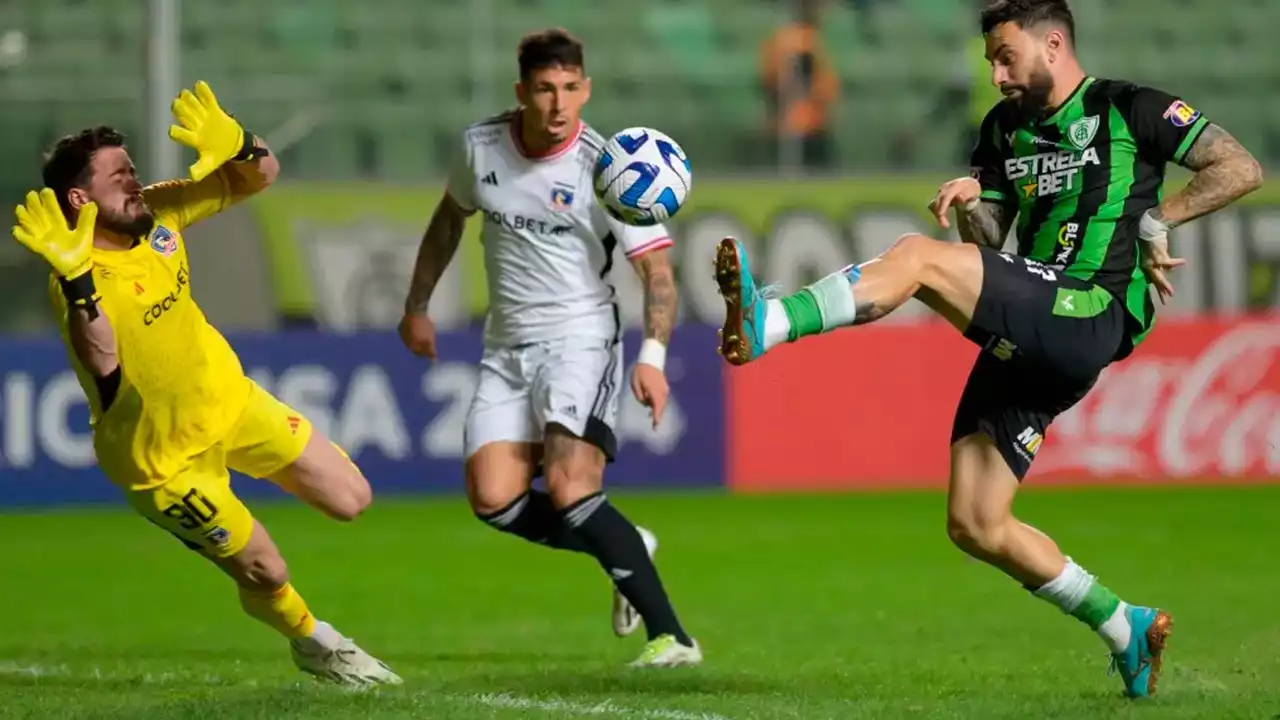Evolution of football tactics in Chile
Football tactics in Chile have evolved significantly over the years. In the early days, the focus was on physicality and direct play, with teams relying heavily on long balls and aggressive pressing. However, as the game progressed, Chilean squads began to adopt more nuanced and sophisticated strategies.
The introduction of foreign coaches and exposure to different footballing cultures played a crucial role in shaping the tactical landscape in Chile. Coaches from Europe and South America brought new ideas and philosophies, which gradually influenced the way the game was played.
Squad 1: The Golden Generation of the 1960s
One squad that had a profound impact on contemporary football strategies in Chile was the Golden Generation of the 1960s. Led by the legendary Elías Figueroa, this team showcased exceptional technical skills and a strong emphasis on teamwork. They were known for their disciplined defensive organization and quick counter-attacking style.
The Golden Generation's success can be attributed to their ability to seamlessly transition from defense to attack. They mastered the art of pressing high up the pitch, suffocating their opponents and creating turnovers in dangerous areas. Additionally, their fluid attacking movements and quick interchanges of positions caused havoc in opposition defenses.
Squad 2: Colo-Colo's Championship-Winning Side of the 1990s
Colo-Colo's championship-winning side of the 1990s left an indelible mark on Chilean football. Coached by the influential Mirko Jozic, this squad stood out for their electrifying power and relentless attacking style. They revolutionized the game by introducing a high-pressing system that put immense pressure on the opposition.
With a strong focus on verticality and quick transitions, Colo-Colo's attacking prowess was unmatched. They overwhelmed opponents with their speed and intensity, constantly pushing forward in search of goals. Their success inspired a new generation of players and coaches to adopt a more aggressive and proactive approach to the game.
Squad 3: The Sampaoli Revolution and the Use of the 3-3-1-3 Formation
Jorge Sampaoli's Universidad de Chile team of the 2010s brought a new level of tactical sophistication to Chilean football. Sampaoli introduced the innovative 3-3-1-3 formation, which allowed his team to dominate possession and control the tempo of the game. This squad showcased exceptional technical skills and a relentless pressing game.
The 3-3-1-3 formation allowed Universidad de Chile to overload the midfield and create numerical superiority in key areas of the pitch. Their ability to circulate the ball quickly and effectively, combined with their high-intensity pressing, made them a formidable force. This approach not only brought success to the club but also influenced the national team's playing style.
Squad 4: The Pizzi Era and the Focus on Possession-based Football
Under the guidance of Juan Antonio Pizzi, the Chilean national team achieved unprecedented success, winning back-to-back Copa America titles in 2015 and 2016. Pizzi's emphasis on possession-based football was instrumental in the team's triumphs. The squad showcased exceptional technical skills and an intricate passing game.
Pizzi's team focused on building from the back, with the defenders playing an active role in the possession phase. They utilized a patient and methodical approach, looking to control the game and wear down their opponents. This possession-based style not only brought success on the international stage but also influenced the way club teams approached the game.
Squad 5: The Rueda Era and the Emphasis on Defensive Stability
Under Reinaldo Rueda's guidance, the Chilean national team shifted their focus to defensive stability. Rueda implemented a more structured and disciplined approach, prioritizing defensive organization and minimizing mistakes at the back. This change in strategy allowed the team to become more solid defensively and difficult to break down.
Rueda's squad demonstrated exceptional discipline and teamwork, working collectively to nullify the opposition's attacking threats. The emphasis on defensive stability enabled the team to grind out results against stronger opponents and achieve success in key matches. This approach influenced the mindset of Chilean clubs, with a renewed focus on defensive solidity.
Impact of these squads on Chilean football and beyond
The impact of these five squads on Chilean football cannot be overstated. Their innovative approaches and tactical acumen have not only shaped the strategies of local clubs but also influenced the national team's playing style. The success achieved by these squads has inspired a new generation of players and coaches, who strive to emulate their achievements.
Beyond Chile, the tactical innovations introduced by these squads have influenced the broader footballing world. Coaches and teams from around the globe have studied and implemented their strategies, recognizing the effectiveness and adaptability of Chilean footballing philosophies.
Lessons for contemporary football coaches and teams
The stories of these five squads provide valuable lessons for contemporary football coaches and teams. The importance of tactical flexibility, teamwork, and the ability to adapt to different styles of play cannot be understated. The success achieved by these squads was a result of meticulous planning, disciplined execution, and a deep understanding of the game.
Contemporary coaches and teams can learn from the tactical innovations and philosophies of these squads, incorporating them into their own strategies. By analyzing the unique qualities of each squad, coaches can adapt and refine their approaches to meet the demands of modern football.
The five squads discussed in this article have left an enduring impact on Chilean football, revolutionizing the way the game is played. From the Golden Generation of the 1960s to the defensive solidity of the Rueda Era, these teams have shaped contemporary football strategies in Chile and beyond. Their innovative approaches, tactical acumen, and commitment to teamwork serve as a source of inspiration for future generations of players and coaches.
